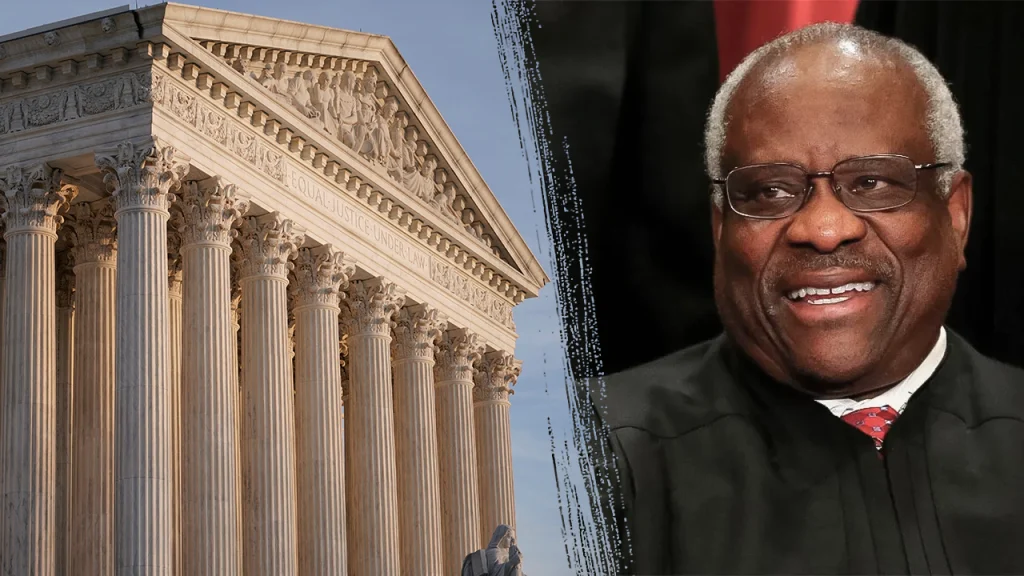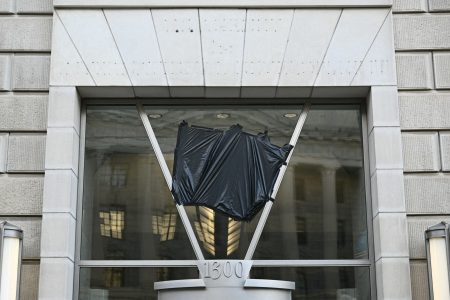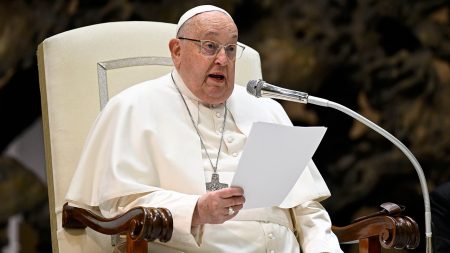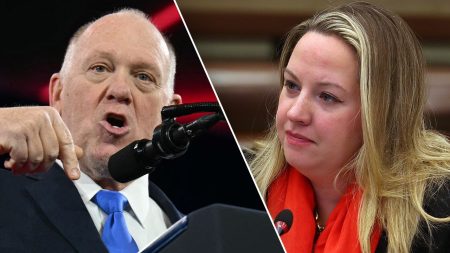The U.S. Judicial Conference has declined to refer ethics complaints against Supreme Court Justices Clarence Thomas and Ketanji Brown Jackson to the Department of Justice, prompting criticism and concerns about the court’s self-regulating ethics framework. The complaints, filed separately by Democratic members of Congress and a conservative advocacy group, centered on financial disclosures and potential conflicts of interest. In Justice Thomas’s case, the complaints stemmed from revelations about undisclosed luxury travel and hospitality provided by billionaire friend Harlan Crow, initially brought to light by investigative reporting from ProPublica. Justice Jackson faced scrutiny regarding her husband’s consulting income as a physician.
The Judicial Conference, the policymaking body for the federal courts, addressed the complaints in letters to lawmakers. Regarding Justice Thomas, the Conference stated that he had amended his financial disclosures to reflect some of the previously unreported travel and gifts. Judge Robert Conrad, head of the Conference, also questioned the body’s authority to make criminal referrals against a Supreme Court Justice, citing potential constitutional concerns and the lack of explicit Congressional direction to do so. This response drew sharp criticism from Senator Sheldon Whitehouse, who accused the judicial branch of “shirking its statutory duty” to hold justices accountable for ethics violations. Whitehouse and other lawmakers had previously requested Attorney General Merrick Garland to appoint a special counsel to investigate former President Trump, a request that remains unaddressed.
Justice Jackson’s amended financial disclosures addressed concerns raised by the complaint filed against her by Citizens for Renewing America, a conservative group led by Russ Vought, a former Trump administration official. The complaint questioned the completeness of her husband’s financial disclosures relating to his medical consulting work. While Jackson’s amendments aimed to resolve these concerns, the incident further highlighted the ongoing debate over ethics standards within the Supreme Court. The lack of a robust and independently enforced code of ethics leaves the court vulnerable to accusations of lax oversight and potential conflicts of interest.
The recent controversies surrounding Justices Thomas and Jackson underscore long-standing concerns about the Supreme Court’s approach to ethics. Unlike other branches of government, the Supreme Court has not adopted a binding code of conduct, relying instead on individual justices to self-police their adherence to ethical principles. This approach has been criticized as insufficient, particularly given the court’s significant power and influence. Last year, the court did adopt its first code of ethics, but critics argue that its reliance on self-enforcement renders it toothless.
The Senate Democrats’ two-year investigation further fueled the debate, revealing additional instances of unreported luxury travel by Justice Thomas in 2021. This revelation, along with the earlier reports about gifts and hospitality from Harlan Crow, intensified calls for greater transparency and accountability within the court. Advocacy groups, such as Fix the Court, which champions judicial transparency, have urged Congress to establish a more robust mechanism for investigating ethics violations by Supreme Court justices, given the Judicial Conference’s reluctance to assert greater oversight. The current system, they argue, leaves the court open to criticism and erodes public trust.
The confluence of these events – undisclosed luxury travel, questions surrounding financial disclosures, and the Judicial Conference’s decision not to refer the complaints to the Department of Justice – has brought the issue of Supreme Court ethics to the forefront. The debate centers on the balance between judicial independence and the need for accountability and transparency. Critics of the current system argue that the absence of a strong, externally enforced code of ethics undermines public confidence in the court’s impartiality. This ongoing debate raises fundamental questions about the court’s ability to effectively self-regulate and underscores the need for a more comprehensive and transparent framework for addressing ethical concerns.










